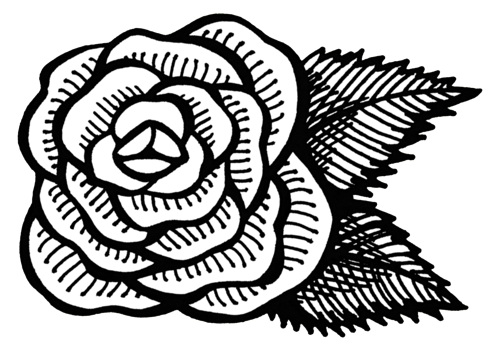In which I pick a bone with the concept and language of hope, for concerned and loving reasons.
Forewarning: In this series on hope, resilience, and suffering, I’ll get into some very 12th House material. If that’s not your headspace, you can stay tuned on Instagram, and I’ll post updates there when there’s interviews, new spreads, and deck news.
I don’t need to tell you all the world is weird, scary, and roiling with bad-wrong-wrong-bad happenings, so let’s skip the bit where we review who’s currently under fire, on fire, or under water, and the discourse on what a particularly grim week this is in American history, and cromch down to the tootsie-pop center of this existential quandary: how in the flying fuck do we cope and keep on trying within such trying global and local climates? Humanity has always turned to the arts, mysticism, spiritual teachings, and religious traditions for succor within hardship. Some teachings buoy us, some sink us. In an age of the Tower, Death, and Judgement, where do we locate our guiding Stars?
Full acknowledgement that I am writing these thoughts on coping with our times from a place of privilege, not being currently displaced by disaster or warfare, myself. And I am writing as an artist with an agnostic X animist bent, not as a spiritual, social, or political authority. (I don’t see this background as a negative—I mention it periodically so you know where I’m coming from when we touch on areas that veer away from my expertise.) I am a spoonie with ties to the disability community and these thoughts flow out of some deep, ongoing conversations with friends struggling with serious chronic pain and marginalization under late capitalism. Hope means something different to those for whom forward does not necessarily mean better, and better can never mean ideal or cured. This series goes out to those facing heavy and harrowing circumstances that may not improve hereon, and those who keep waking to navigate this baffling life under perpetual burdens.
This world demands our resilience. We often speak of resilience as an innate characteristic, a kind of talent, that by the Mysteries, some are born with and others are not. I prefer to view resilience as a practice we can build gradually. Like muscular strength, resilience may flourish in direct response to regular micro-injury. (Certainly for some, but not for all.)
So many look to hope in times of duress and rapid change, as an anchor for resilience and future-building, and that seems to work well for some folx. Personally, I’ve never been much of an optimist, and I tend to find hope somewhat suspect within self. The times in my life I’ve earnestly tried on optimism, it dealt me at least as many blows as favors. This distrust stems in part from witnessing how much harm the pressures to be hopeful and meet unrealistic expectations cause in the disability/chronic illness communities, and in part from confusion over what hope even means, and when it is wise to engage.
Hope is one of those words, like respect, love, and forgiveness, employed to describe such a broad range of nebulous and ineffable feelings that it loses some potency in conversation and practical philosophy. When people say hope, they might mean good cheer, trust, optimism, vision, courage, openness, desire, expectation of a certain outcome, or any combination of the above. Not all these qualities are helpful or appropriate in action while the empire crumbles, the Star fades, and the Tower falls—with you riding inside its tumbling, chalky belly.
When I find myself choking on word-soup, it’s comforting to crack a dictionary and trace etymologies, or in the case of unknown origins, trace a words’ archaic usages. Picking at the roots of language lends a sense of trajectory, and sparks ideas on how best to twist a concept to meet what’s next.
Merriam Webster defines hope thusly:
intransitive verb
1 : to cherish a desire with anticipation : to want something to happen or be true
2 archaic : trust
transitive verb
1 : to desire with expectation of obtainment or fulfillment
2 : to expect with confidence
noun
1 a : desire accompanied by expectation of or belief in fulfillment
also : expectation of fulfillment or success
b : someone or something on which hopes are centered
c : something desired or hoped for
2 archaic : trust, reliance
Hope is a child of desire, expectation, and belief. Back in the day, it referenced faith and trust. As such, it can be as misleading as sweet. It is forward looking by nature, and its roots carry few if any ties to reality in the present moment. Hope certainly can engage with a clear awareness and acceptance of the here and now, but it doesn’t by default.
No power nor emotion in the human experience is exclusively lovely and benevolent. Hope’s gifts are to house desire long enough for us to act toward it, and to carve space in the psyche to excavate or craft some transcendent meaning out of our travails. Hope’s trick is to comfort prematurely and soften the urgency to act. Hope’s brutality is to install unreachable expectations, then vamoose at first collision with the realities of living in a chaotic system. Hope in the senses of expectation, cherished desire, stubborn optimism, hubristic will, and uninformed faith makes an inconstant, tricky resource in our current context, where clarity, stoicism, and swift action are all paramount.
Not everything is okay.
Not everything is going to be okay.
This doesn’t mean we have to throw hope out completely. It means we do well to approach hope with an appreciation for complexity and strategy. As we surf the Tower’s fall, know that Hope will stand alternately as comrade, confessor, saboteur, and even nemesis.
We need to expand our definitions of hope to meet the age we inhabit. This happens organically. If hope grows around desire, its nature must shift as the collective odds slip ever farther from desirable outcomes.
I’m seeing an alternate definition of hope emerge from the Hive-mind, here at the gate of mass extinction, and it resembles a bewildered, holistic brand of agnosticism. This current hope-current hangs on the recognition of possibilities, however slim, that desirable and welcome things can still happen alongside terrors; that we don’t have a total grasp on future trajectories; that we don’t have total understanding of our metaphysical backstory; that some surface life might survive the next century or so, maybe-just-maybe even some human life (no guarantees); and that however the cards fall, when we zoom out our viewpoint, there is always persistence and creation within Death and destruction. It’s a stubborn willingness to sit within desire while simultaneously softening expectations and foregoing need of desired outcomes. It’s the will to maintain openness and dexterity within abrasive chaos. All of this requires discipline, grit, and no small amount of dissonance and compartmentalization. Little of it is easy or fun, although we can and should continue to make our own fun within turmoil.
Hope, as humanity has borne it, is not the Star, but one of many Towers. The Towers’ fall parallels the Hanged Man’s gallows metamorphosis, on the level of collective structures rather than individual spirits. In collapse, Hope transforms from light-washed Desire to radical Uncertainty.
To be continued . . .
I don’t need to tell you all the world is weird, scary, and roiling with bad-wrong-wrong-bad happenings, so let’s skip the bit where we review who’s currently under fire, on fire, or under water, and the discourse on what a particularly grim week this is in American history, and cromch down to the tootsie-pop center of this existential quandary: how in the flying fuck do we cope and keep on trying within such trying global and local climates? Humanity has always turned to the arts, mysticism, spiritual teachings, and religious traditions for succor within hardship. Some teachings buoy us, some sink us. In an age of the Tower, Death, and Judgement, where do we locate our guiding Stars?
Full acknowledgement that I am writing these thoughts on coping with our times from a place of privilege, not being currently displaced by disaster or warfare, myself. And I am writing as an artist with an agnostic X animist bent, not as a spiritual, social, or political authority. (I don’t see this background as a negative—I mention it periodically so you know where I’m coming from when we touch on areas that veer away from my expertise.) I am a spoonie with ties to the disability community and these thoughts flow out of some deep, ongoing conversations with friends struggling with serious chronic pain and marginalization under late capitalism. Hope means something different to those for whom forward does not necessarily mean better, and better can never mean ideal or cured. This series goes out to those facing heavy and harrowing circumstances that may not improve hereon, and those who keep waking to navigate this baffling life under perpetual burdens.
This world demands our resilience. We often speak of resilience as an innate characteristic, a kind of talent, that by the Mysteries, some are born with and others are not. I prefer to view resilience as a practice we can build gradually. Like muscular strength, resilience may flourish in direct response to regular micro-injury. (Certainly for some, but not for all.)
So many look to hope in times of duress and rapid change, as an anchor for resilience and future-building, and that seems to work well for some folx. Personally, I’ve never been much of an optimist, and I tend to find hope somewhat suspect within self. The times in my life I’ve earnestly tried on optimism, it dealt me at least as many blows as favors. This distrust stems in part from witnessing how much harm the pressures to be hopeful and meet unrealistic expectations cause in the disability/chronic illness communities, and in part from confusion over what hope even means, and when it is wise to engage.
Hope is one of those words, like respect, love, and forgiveness, employed to describe such a broad range of nebulous and ineffable feelings that it loses some potency in conversation and practical philosophy. When people say hope, they might mean good cheer, trust, optimism, vision, courage, openness, desire, expectation of a certain outcome, or any combination of the above. Not all these qualities are helpful or appropriate in action while the empire crumbles, the Star fades, and the Tower falls—with you riding inside its tumbling, chalky belly.
When I find myself choking on word-soup, it’s comforting to crack a dictionary and trace etymologies, or in the case of unknown origins, trace a words’ archaic usages. Picking at the roots of language lends a sense of trajectory, and sparks ideas on how best to twist a concept to meet what’s next.
Merriam Webster defines hope thusly:
intransitive verb
1 : to cherish a desire with anticipation : to want something to happen or be true
2 archaic : trust
transitive verb
1 : to desire with expectation of obtainment or fulfillment
2 : to expect with confidence
noun
1 a : desire accompanied by expectation of or belief in fulfillment
also : expectation of fulfillment or success
b : someone or something on which hopes are centered
c : something desired or hoped for
2 archaic : trust, reliance
Hope is a child of desire, expectation, and belief. Back in the day, it referenced faith and trust. As such, it can be as misleading as sweet. It is forward looking by nature, and its roots carry few if any ties to reality in the present moment. Hope certainly can engage with a clear awareness and acceptance of the here and now, but it doesn’t by default.
No power nor emotion in the human experience is exclusively lovely and benevolent. Hope’s gifts are to house desire long enough for us to act toward it, and to carve space in the psyche to excavate or craft some transcendent meaning out of our travails. Hope’s trick is to comfort prematurely and soften the urgency to act. Hope’s brutality is to install unreachable expectations, then vamoose at first collision with the realities of living in a chaotic system. Hope in the senses of expectation, cherished desire, stubborn optimism, hubristic will, and uninformed faith makes an inconstant, tricky resource in our current context, where clarity, stoicism, and swift action are all paramount.
Not everything is okay.
Not everything is going to be okay.
This doesn’t mean we have to throw hope out completely. It means we do well to approach hope with an appreciation for complexity and strategy. As we surf the Tower’s fall, know that Hope will stand alternately as comrade, confessor, saboteur, and even nemesis.
We need to expand our definitions of hope to meet the age we inhabit. This happens organically. If hope grows around desire, its nature must shift as the collective odds slip ever farther from desirable outcomes.
I’m seeing an alternate definition of hope emerge from the Hive-mind, here at the gate of mass extinction, and it resembles a bewildered, holistic brand of agnosticism. This current hope-current hangs on the recognition of possibilities, however slim, that desirable and welcome things can still happen alongside terrors; that we don’t have a total grasp on future trajectories; that we don’t have total understanding of our metaphysical backstory; that some surface life might survive the next century or so, maybe-just-maybe even some human life (no guarantees); and that however the cards fall, when we zoom out our viewpoint, there is always persistence and creation within Death and destruction. It’s a stubborn willingness to sit within desire while simultaneously softening expectations and foregoing need of desired outcomes. It’s the will to maintain openness and dexterity within abrasive chaos. All of this requires discipline, grit, and no small amount of dissonance and compartmentalization. Little of it is easy or fun, although we can and should continue to make our own fun within turmoil.
Hope, as humanity has borne it, is not the Star, but one of many Towers. The Towers’ fall parallels the Hanged Man’s gallows metamorphosis, on the level of collective structures rather than individual spirits. In collapse, Hope transforms from light-washed Desire to radical Uncertainty.
To be continued . . .
In the next article in this series, I’ll catalog alternatives to hope and what they can do for us. Down the line, we’ll get to tarot spreads on the theme. We’ve also got a fun interview coming up that will provide a respite from the heavy stuff—yes depth, but no doom.
I’d like to leave off with some links to quotes and readings that have influenced my thinking on this topic. I rarely, if ever, agree with anyone point for point, so note that these selections don’t precisely represent my own thinking, but they’ve significantly informed it.
A friend with whom I've been conversing on hope and suffering sent me this beautiful, terrible essay by Catherine Ingram, an accomplished dharma teacher and author. In Facing Extinction, she deep-dives on the probability of total human extinction and paradoxically eschews both hope and stoicism in a way that is still full of love, resilience, and openness. Aspects of this piece have been haunting me (in a good way) since last summer. It’s a worthwhile read, but I’d give it every content warning possible. If you're not in the right headspace to face horrors and consider human extinction in gory detail, sit this one out. There are discussions of war, violence, human trafficking, and the refugee crisis, as well the expected content on death, grief, and multi-species extinctions. In all, it’s like one of those meditations where you picture your own death and decomposition in exquisite detail, but on an exponentially larger scale. There are benefits to that kind of exercise, but it’s not for everyone, so go easy and pace yourself as needed.
Compare and contrast that with mythologist Martin Shaw’s essay, We Are In The Underworld and We Haven’t Figured it Out Yet. Here, through a mythic lens, Shaw tables both hope and despair to center openness to possibility, and equates premature doom-crying with hubris.
I’ve seen some interesting Obama hope quotes circulating on social media lately. (Like all presidents, he’s done some not great things, but he’s a fine thinker and speaker, and was one of the better presidents we’ve had. While I’m not into putting any politician on a pedestal, I am still interested in what he had and has to say.) This one particularly caught my eye—it tables circumstance, evidence, and probability to center courage and action:
I’d like to leave off with some links to quotes and readings that have influenced my thinking on this topic. I rarely, if ever, agree with anyone point for point, so note that these selections don’t precisely represent my own thinking, but they’ve significantly informed it.
A friend with whom I've been conversing on hope and suffering sent me this beautiful, terrible essay by Catherine Ingram, an accomplished dharma teacher and author. In Facing Extinction, she deep-dives on the probability of total human extinction and paradoxically eschews both hope and stoicism in a way that is still full of love, resilience, and openness. Aspects of this piece have been haunting me (in a good way) since last summer. It’s a worthwhile read, but I’d give it every content warning possible. If you're not in the right headspace to face horrors and consider human extinction in gory detail, sit this one out. There are discussions of war, violence, human trafficking, and the refugee crisis, as well the expected content on death, grief, and multi-species extinctions. In all, it’s like one of those meditations where you picture your own death and decomposition in exquisite detail, but on an exponentially larger scale. There are benefits to that kind of exercise, but it’s not for everyone, so go easy and pace yourself as needed.
Compare and contrast that with mythologist Martin Shaw’s essay, We Are In The Underworld and We Haven’t Figured it Out Yet. Here, through a mythic lens, Shaw tables both hope and despair to center openness to possibility, and equates premature doom-crying with hubris.
I’ve seen some interesting Obama hope quotes circulating on social media lately. (Like all presidents, he’s done some not great things, but he’s a fine thinker and speaker, and was one of the better presidents we’ve had. While I’m not into putting any politician on a pedestal, I am still interested in what he had and has to say.) This one particularly caught my eye—it tables circumstance, evidence, and probability to center courage and action:
“Hope is not blind optimism. It's not ignoring the enormity of the task ahead or the roadblocks that stand in our path. It's not sitting on the sidelines or shirking from a fight. Hope is that thing inside us that insists, despite all evidence to the contrary, that something better awaits us if we have the courage to reach for it, and to work for it, and to fight for it. Hope is the belief that destiny will not be written for us, but by us, by the men and women who are not content to settle for the world as it is, who have the courage to remake the world as it should be.”
-Barack Obama
And finally, I just adore the following quotes on optimism from A Series of Unfortunate Events:
“Optimist" is a word which here refers to a person, such as Phil, who thinks hopeful and pleasant thoughts about nearly everything. For instance, if an optimist had his left arm chewed off by an alligator, he might say, in a pleasant and hopeful voice, ‘Well, this isn't too bad. I don't have my left arm anymore, but at least nobody will ever ask me whether I am right-handed or left-handed,’ but most of us would say something more along the lines of ‘Aaaaah! My arm! My arm!’”
-Lemony Snickett, The Miserable Mill
My thoughts exactly. And from the Netflix show:
“Father always said he didn’t trust optimists or optometrists.”
-Klaus Baudelaire
I watch a fair amount of kids’ TV with my niece. (Then get hooked on her programs and binge watch the rest of them for myself, lol!) Some of it is brilliant and disproportionately comforting. If you need a show that tackles never-ending trauma with strong themes of hope and community building (and magic and gender-queering and decolonizing), try Steven Universe. If you need a show that tackles never-ending trauma with gallows humor, sardonic defiance, and excellent vocabulary, try the Series of Unfortunate Events TV show starring Neil Patrick Harris as Count Olaf. It is funny, gothic, and brilliant, with tons of grownup nerd references, and a flair for twisting definitions. I love it so so much. The books are good, too, though I’ve only read a couple so far. Kids’ lit is for life.

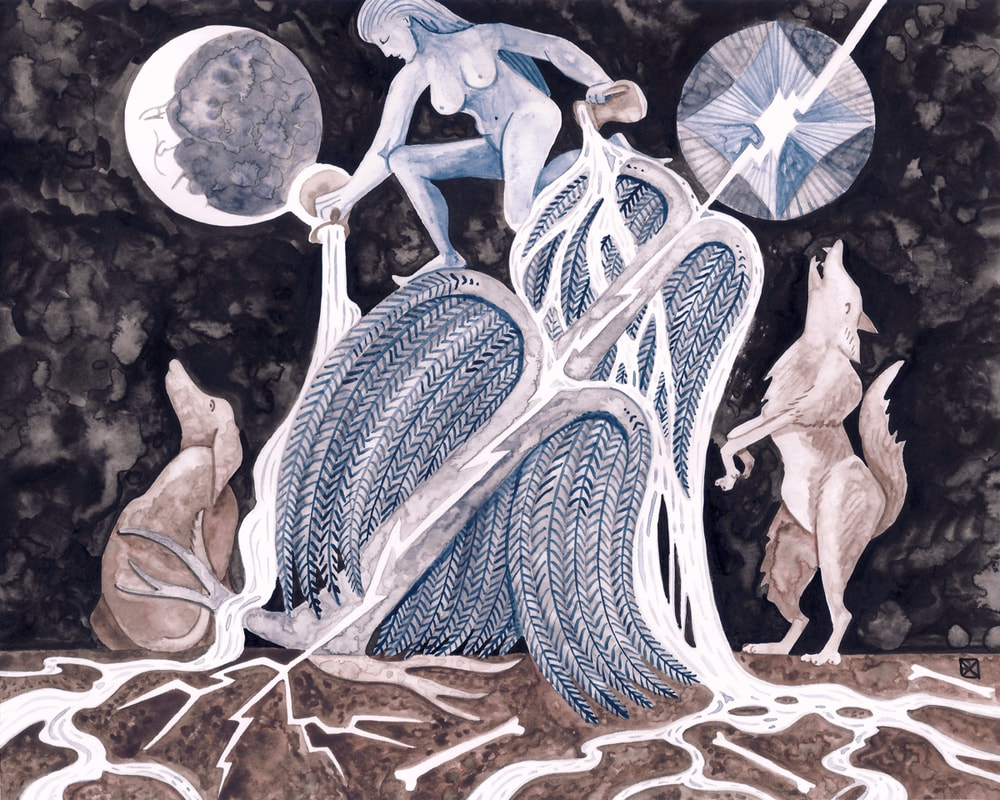
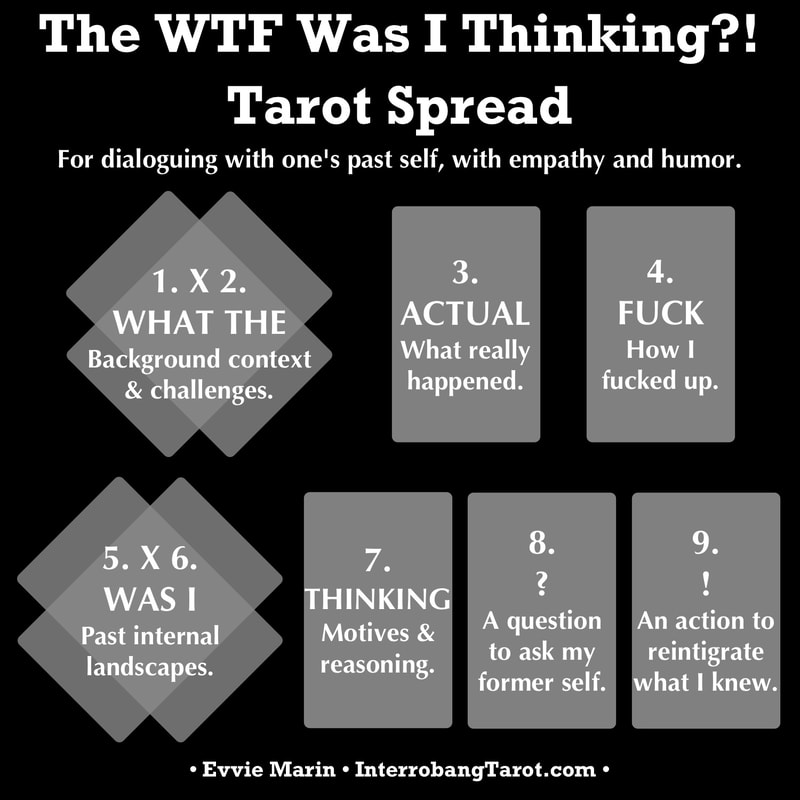
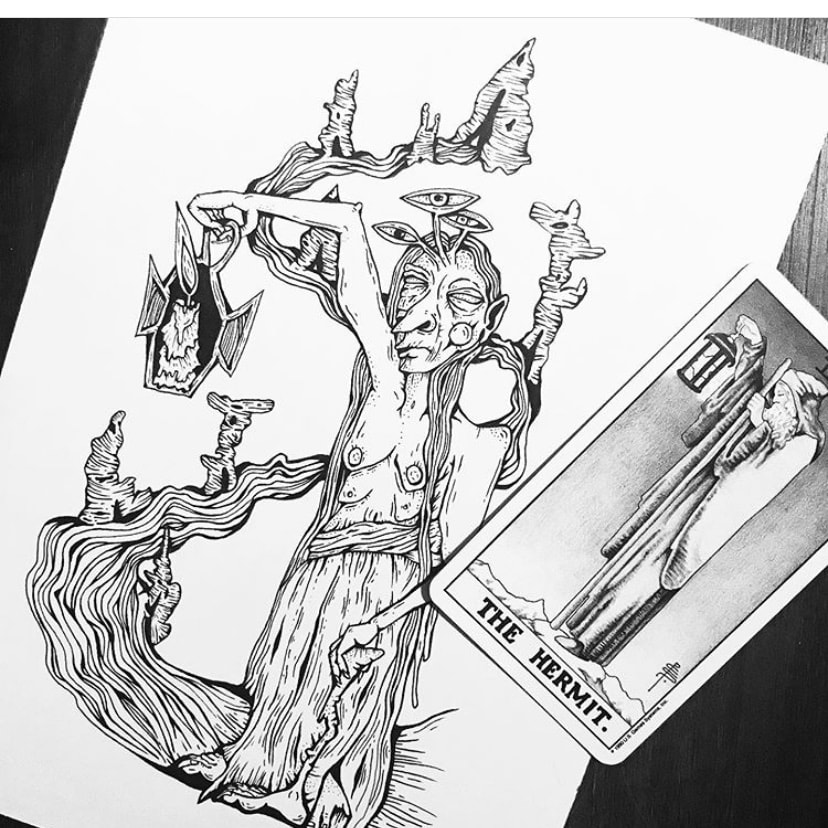
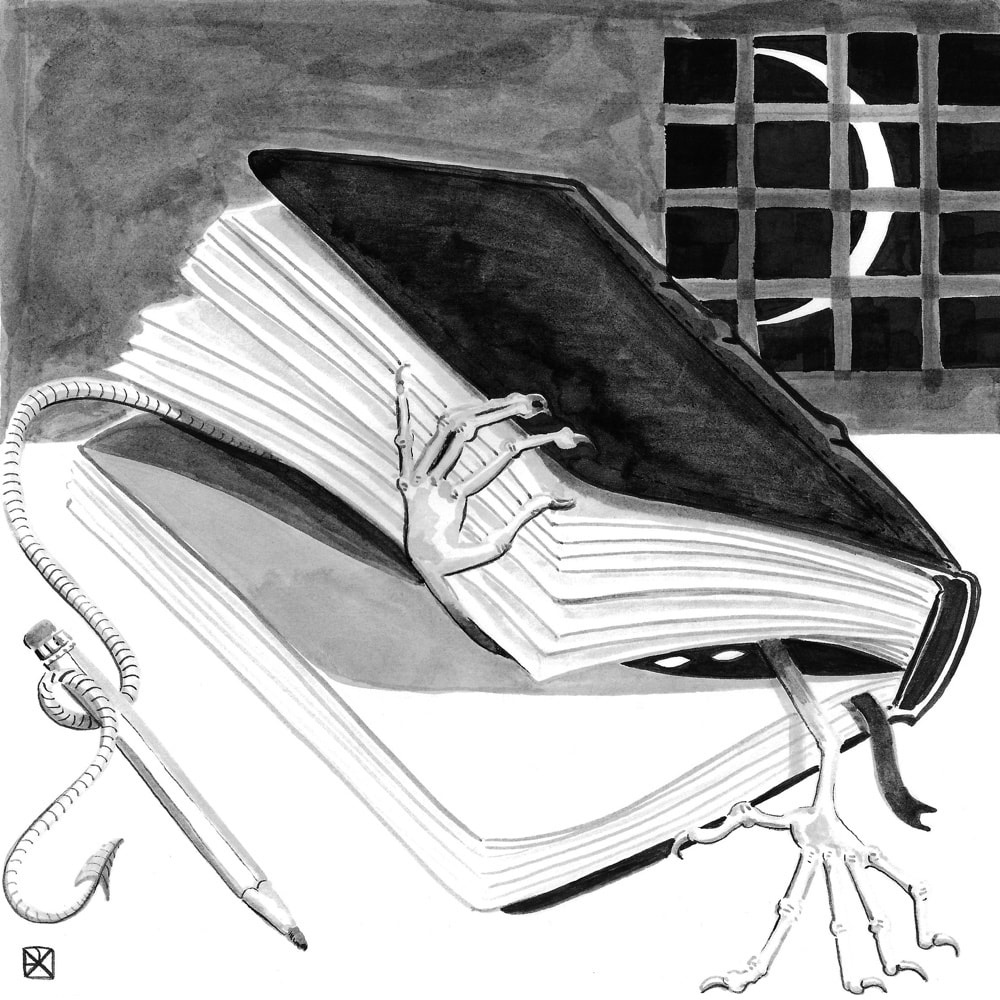
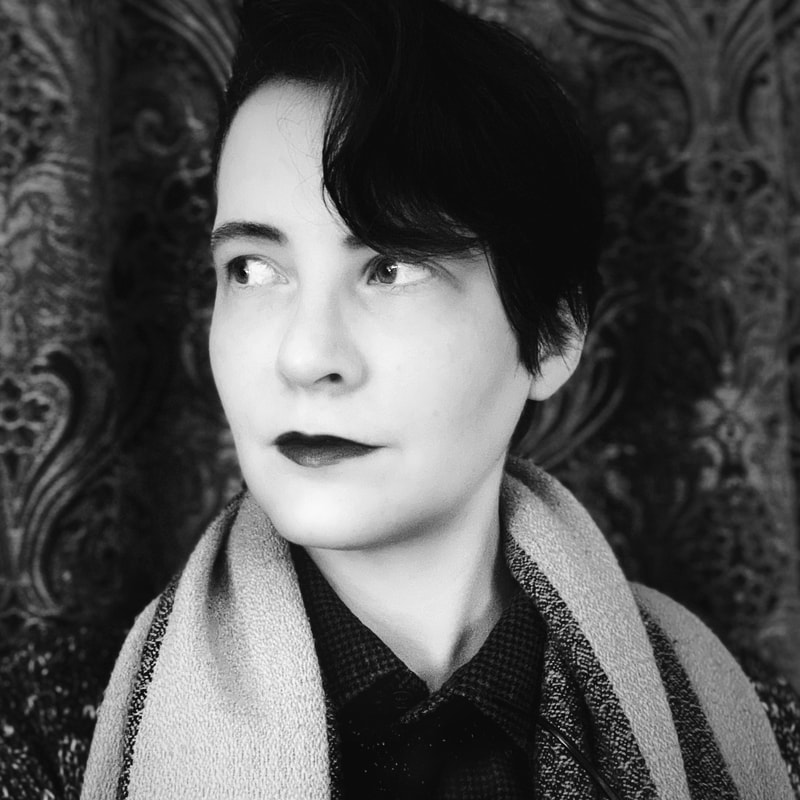
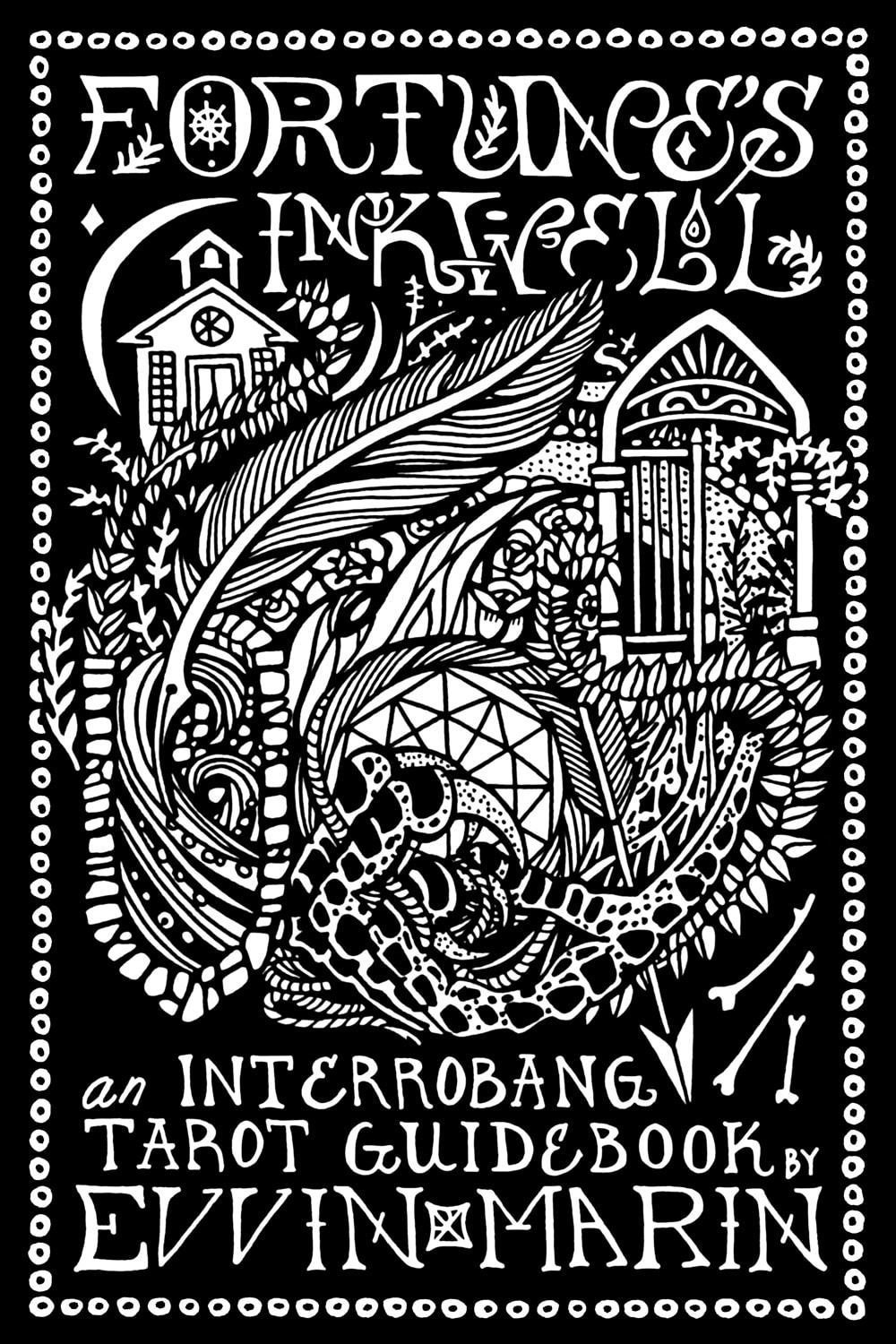
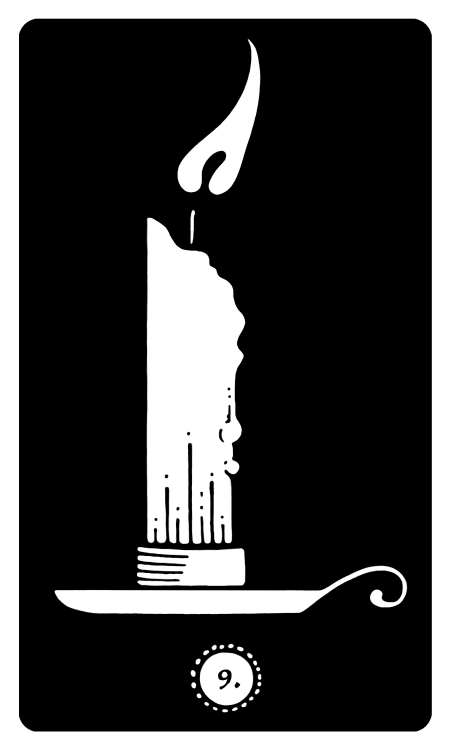
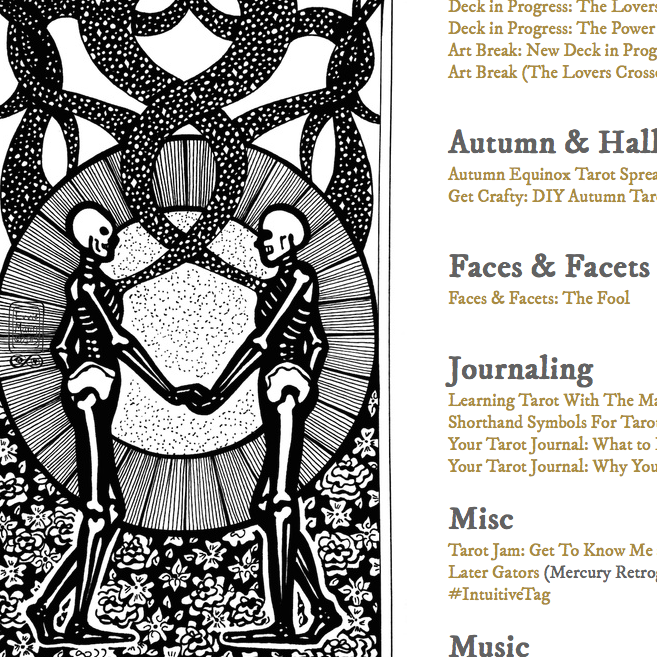
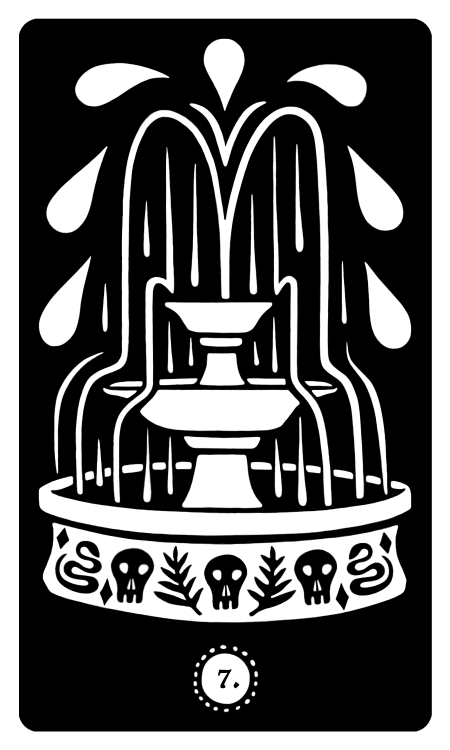
 RSS Feed
RSS Feed
